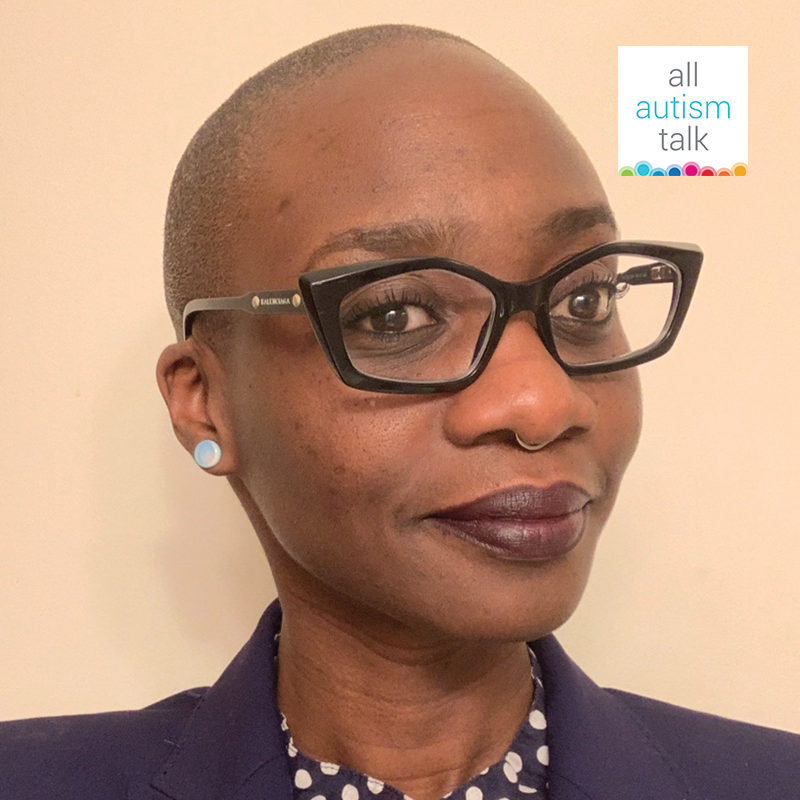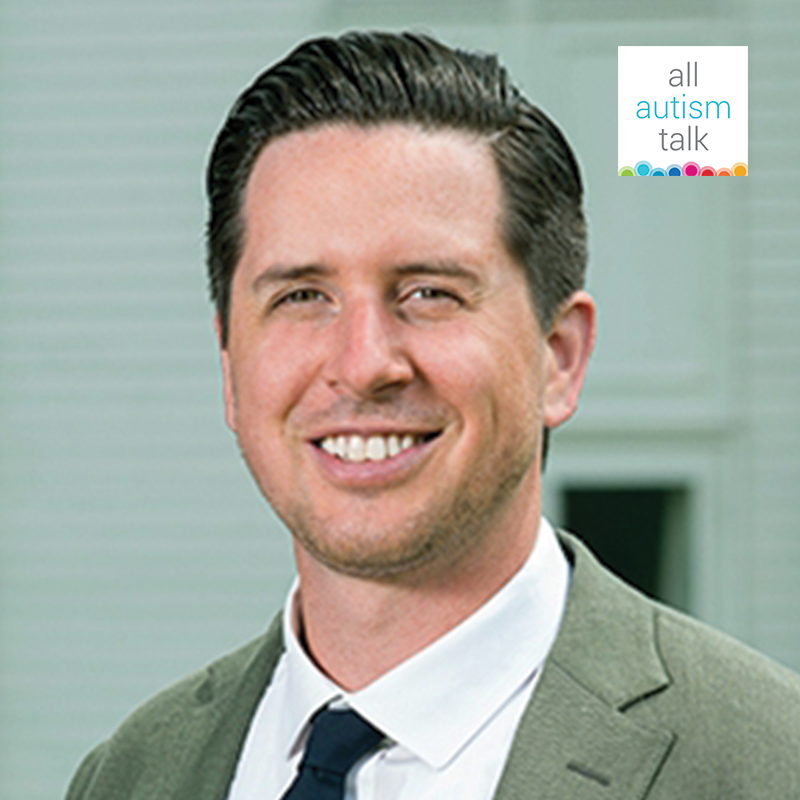KGH Autism Services in Madison, WI is Now WEAP – Part of LEARN Behavioral
FEATURED POSTS
February 16, 2026
LEARN Behavioral, a national leader in autism treatment with a nationwide network of ABA providers and Learning Centers across the country, announces the integration and rebrand of KGH Autism Services of Madison, WI.
KGH Autism Services is now known as the Wisconsin Early Autism Project (WEAP) Interdisciplinary Autism Services Learning Center, and maintains its location at 3113 W Beltline Hwy, Suite 300, Madison, WI 53713.
WEAP Interdisciplinary Autism Services Learning Center in Madison offers a learning-rich, supportive environment. Families can access individualized care from a compassionate team, including diagnostic evaluations, center-based and in-home ABA therapy, speech-language therapy, occupational therapy, mental health counseling, and youth club programs.
“We’re here to support children and families at every stage of their journey,” said Christine Laurent, BCBA, LBA, Regional Clinical Director. “We are excited to have the opportunity to partner with families throughout Dane County to help find success for every child in our care.”
“It has been a privilege to provide integrated autism care to the Madison community over the past 15 years,” said Sophie Kamps, Center Director. “We look forward to expanding the interdisciplinary model through our partnership with LEARN Behavioral and WEAP, and continuing to provide high-quality autism services for years to come.”
Key Features of the WEAP Interdisciplinary Autism Services Learning Center in Madison:
- Experienced leadership brings resources and support to children and families with autism in the community.
- Interdisciplinary services include diagnostic evaluations, speech-language therapy, occupational therapy, mental health counseling, and youth club programs.
- ABA services, which include a learning-rich environment, unique play-based learning spaces, and one-on-one support.
- No waitlist and flexible treatment hours to accommodate busy family schedules.
- Serving children from early childhood through young adulthood with personalized therapy plans.
- Conveniently located off US-14 and US-18 and easily accessible for families in the region.
WEAP is now enrolling new clients. For more information or to enroll a child at WEAP’s Interdisciplinary Autism Services Learning Center in Madison, call (608) 819-6810 or visit https://wiautism.com/locations/madison.
In addition to the Interdisciplinary Autism Services Learning Center in Madison, WEAP has center-based ABA therapy Learning Centers in Altoona, Brookfield, De Pere, Glendale, Green Bay, Janesville, Madison, Madison South, Menomonie, Milwaukee (Menomonee Falls),Mount Pleasant, Oak Creek, Oshkosh, Reedsburg, Sheboygan, Stevens Point, Sun Prairie, and West Bend. WEAP continues to expand and will open the doors of additional Learning Centers in Beloit and Greenfield in early 2026.
WEAP, a provider of LEARN Behavioral, is Wisconsin’s premiere contemporary applied behavior analysis (ABA) provider of center-based autism services for children. WEAP is a world-renowned leader in early diagnosis and treatment for children with autism. Their evidence-based approach to care has helped thousands of children with autism throughout Wisconsin over the past 30 years.
About LEARN Behavioral
LEARN Behavioral is a national leader in autism treatment, offering comprehensive diagnostic services and contemporary applied behavior analysis (ABA) therapy for children with autism spectrum disorder (ASD). With a nationwide network of ABA providers and more than 100 Learning Centers across the country, LEARN delivers the highest standard of evidence-based care—customized to meet the unique needs and interests of each child and family. For more information, visit learnbehavioral.com.













